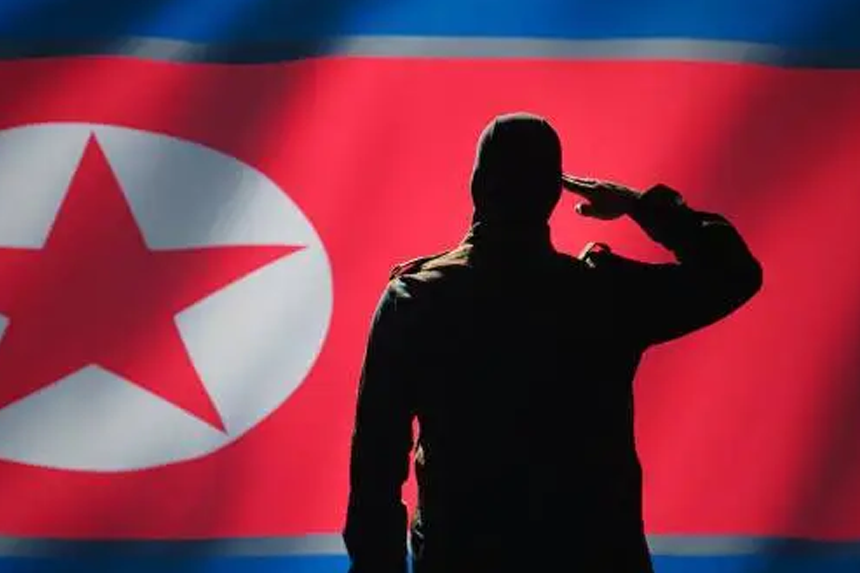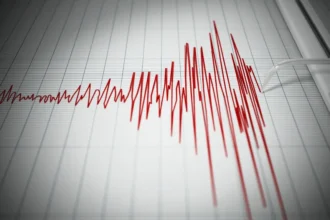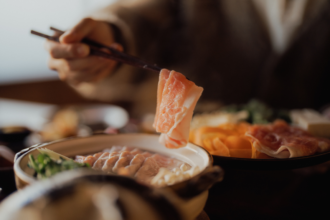Former North Korean soldier Haneul recalls his military experience not for drills or training but for one consistent experience: hunger. “I dropped 10 kg in my first month of service,” Haneul remembers. For months, the food consisted of cracked maize and mouldy cabbage.”
- Why Do North Korean Soldiers Look so Undernourished?
- To what extent are North Korean soldiers sent to Russia effective?
- What kind of training do North Korean soldiers get?
- How would North Korean soldiers fit fighting in Ukraine?
- Why Do North Korean Soldiers Show Such Dedication to Their Government?
- Why Do North Korean Soldiers Travel to Russia?
- In essence, can North Korean soldiers be undervalued?
Explosions Rock Port Sudan Amid Escalating Sudan Civil War
More than mere stories, the terrible conditions and food shortages North Korean soldiers face help to explain the situation of the hundreds of troops now stationed in Russia’s continuing conflict against Ukraine. Mainly from the elite Storm Corps, these troops are on a very different battlefield that challenges their ideological allegiance as much as physical fortitude.
Why Do North Korean Soldiers Look so Undernourished?
Haneul’s first month in the military was an eye-opening exposure to the terrible reality of serving the North Korean armed forces. He was among the lucky few chosen for the best-fed units; his regiment was severely undernourished. “Our apartment received among the best feed-through. It was a ploy meant to prevent us from defecting to South Korea, Haneul said. For me, though, that did not work.
Rice replaced the maize when sent to the frontline near South Korea, but it was sometimes altered. “Most of it had been siphoned off by rear units by the time it reached our bowls, and the rest was cut with sand,” Haneul says. The troops were routinely undernourished even though they were fed better than others.
The experience of Haneul is hardly unusual. “Three months into training, practically my whole battalion needed to be sent to a recovery centre to gain weight,” he says. Malnourishment still exists even among the elite group dispatched to Russia, the Storm Corps.
To what extent are North Korean soldiers sent to Russia effective?
Recent accounts state that Pyongyang has dispatched about 11,000 North Korean troops to support Russian forces in recovering areas of the Kursk region lost to Ukraine during a surprise summer operation. With nearly 100 recorded deaths thus far, these troops have entered the war in “significant numbers.”
Military analysts and defectors warn against underestimating the troops, nevertheless. “Only the taller, sportier men are selected for the Storm Corps,” says Lee Hyun Seung, a defector who taught North Korea’s special forces in the early 2000s. Although they get more sophisticated instruction, they remain underweight. Among survival skills and martial arts, Lee taught students how to create weapons from commonplace objects like silverware.
Though regarded as elite, many of the Storm Corps soldiers seem weak. “In internet videos of the troops in Russia, they look young and weak,” Haneul notes. “They are not at all like the pictures of robust, muscular soldiers seen in Pyongyang’s propaganda, smashing blocks of ice or breaking chains with their bare hands.”
What kind of training do North Korean soldiers get?
North Korean troops have demanded training. “I only fired three bullets in one live-fire training session over my whole army tenure,” Haneul claims. “The closest I came to fight was when a farmer happened into the DMZ searching for vegetables. I disobeyed orders to shoot invaders and let him leave with a warning.
Soldiers of the Storm Corps are fervent supporters of their nation and government while lacking combat experience. “Most of the Storm Corps men come from agrarian or working-class backgrounds. Haneul says they are pretty party-oriented and will unthinkingly obey instructions.
Apart from instruction, soldiers go through rigorous ideological “brainwashing” sessions every morning. This mental conditioning seeks to guarantee their ongoing mental readiness for any circumstance, including the terrible conditions they are living under in Russia. “These men are being ready for battle in the toughest conditions,” says Lee Hyun Seung. “They will learn how to fight the enemy, grow used to the battlefield, and figure out means of survival.”
How would North Korean soldiers fit fighting in Ukraine?
Adopting a new kind of combat is another difficulty for the North Korean troops. “They have been taught to fight in the mountainous terrain of the Korean Peninsula,” says defector Ryu Seonghyun, who spent seven years flying for North Korea. “Kursk’s flatlands and trenches offer a quite different setting.”
Although the Storm Corps is not intended to be a frontline formation, its soldiers are ready to disrupt enemy lines by penetrating them. “Their goal is to bring anarchy right inside enemy territory,” Ryu notes. But in such a bloody conflict, their efficacy may be hampered by the absence of contemporary combat training and experience.
Apart from adjusting to unfamiliar terrain, the North Korean troops face communication obstacles. Ukrainian intelligence claims that the linguistic barrier has led to issues, including situations whereby North Korean troops killed eight by mistakenly firing on a Russian regiment.
Why Do North Korean Soldiers Show Such Dedication to Their Government?
Whether the North Korean troops will desert once they engage in the fight is one of the main issues bothering Ukrainian and South Korean officials. Still, mass defections are avoided mainly by the troops’ allegiance to their family and the government.
According to Haneul, one is loyal to the government. “We were taught to see that being a prisoner of war was less than death. Should we be captured, we should take our own lives—either by detonating a grenade or killing ourselves.
After years of brainwashing, some defectors—like Haneul and Ryu—managed to flee despite rigorous training and indoctrination. Both of them mention the impact of anti-regime propaganda from South Korea, which finally helped them to decide to go. They still doubt, though, that many of their fellow troops would do.
“They have no cell phones; even the phones of the Russian soldiers are taken before they come across North Korean troops,” Ryu observes. This makes contact between defectors and those still serving in North Korea far more complex.
Why Do North Korean Soldiers Travel to Russia?
Although the North Korean forces would be underfed and unprepared, their commitment and fighting efficacy are still expected. Given that military service in North Korea is so challenging and risky, Ryu thinks many of the troops will view deployment as a career possibility. “For some of them, the only chance to progress is the possibility to fight in Russia,” he remarks.
Maintaining North Korea’s reputation drives Kim Jong Un’s choice to send special troops to Russia in some measure. “These guys have shown some degree of combat prowess,” Ryu says. That is the reason they were dispatched. The regular troops participate more in chores, including farming, construction, and wood cutting.
Notwithstanding these sad facts, defectors like Haneul still hope for the future of their fellow compatriots. “I just hope they make it through and return safely,” Haneul says, considering the likelihood that some of his cousins would be among those dispatched to fight in Ukraine.
In essence, can North Korean soldiers be undervalued?
The North Korean soldiers dispatched to participate in Russia’s conflict against Ukraine are not just tokens in a geopolitical game. One cannot undervalue their training, experiences, or relentless allegiance to the dictatorship. They bring an ideological dedication that makes them strong in battle even if they are famished and lack contemporary training.
As Haneul and other defectors have revealed, survival in the North Korean military is frequently about mental strength and loyalty rather than only physical endurance. These traits will guide the soldiers fighting in Ukraine on the front lines.
One thing is sure: these troops are fighting for the ideological system that has defined their life since birth, not alone for Russia or North Korea. Whether they will defect or keep on defending the dictatorship is yet unknown.








